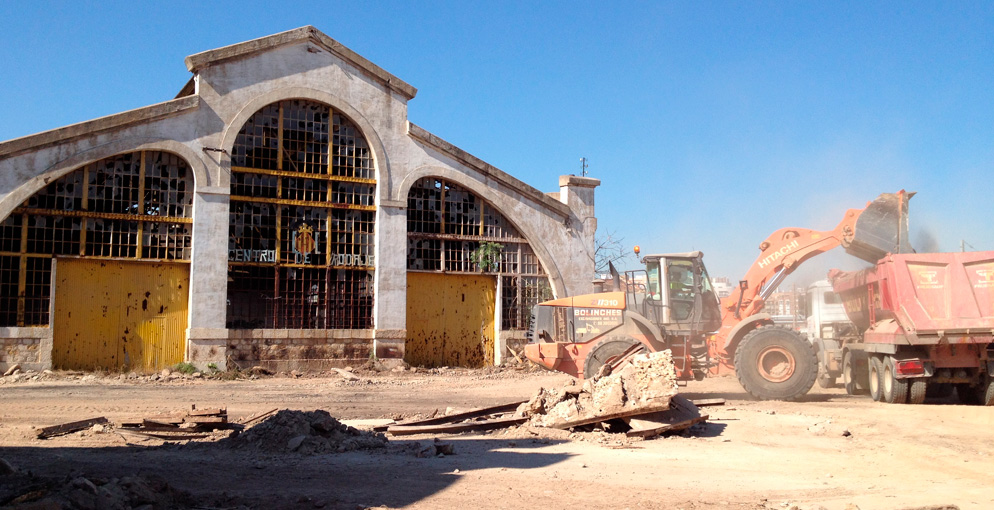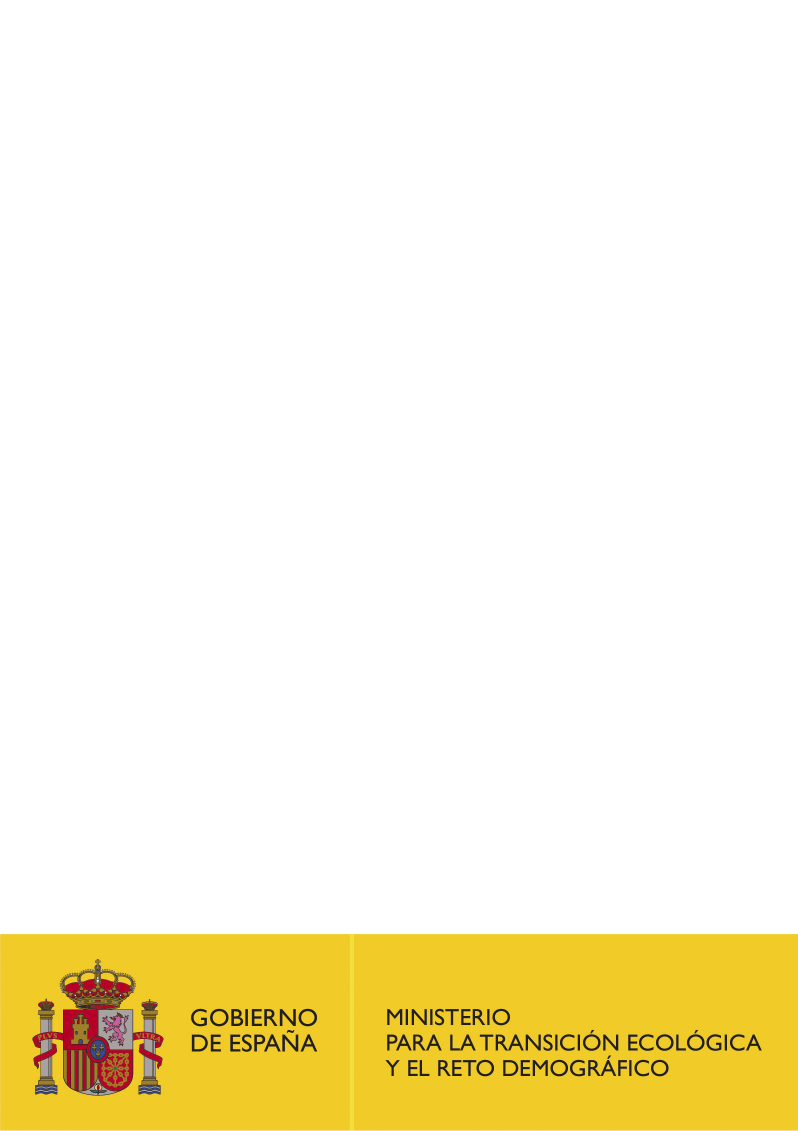The issue of mobility and urban logistics has attracted major interest from the European Commission given the harmful effects they give rise to: congestion, noise, accidents, degradation of infrastructure and quality of life, increases in transport costs, etc. As such, a better understanding of urban transport is required, particularly urban freight transport, in order to achieve a supply chain that is more efficient in the use of resources, more environmentally sustainable and more secure.
The SUCCESS project addressed this problem of urban logistics by focusing on the construction industry, a sector with a huge impact on urban logistics, and which has great potential to improve its efficiency in the transport of both new materials and the waste generated.
The main objective of SUCCESS was to reduce the negative impact of urban freight distribution in the construction industry. To that end, the project sought to extend the concepts of Supply Chain Management and Construction Consolidation Centres (CCCs) to enable the testing of replicable solutions (appropriate collaboration frameworks and sustainable business models). These solutions were aimed at addressing the supply chain problem in construction, with a focus on distribution networks, the work itself and reverse logistics. To do so, the project analysed four pilot initiatives of different types in four European cities. These pilots addressed different problems, both in terms of the cities’ urban fabric and the actual execution of the works. These pilot projects were: a residential and office building in Luxembourg, a hospital in Verona, an urban park in the centre of Valencia and the renovation of a Ministry building in France.
During the project, all the pilots involved on-site data collection regarding both the receipt of new materials and the waste generated, which enabled an analysis of the logistics of the works, both direct and reverse.
The data obtained were then fed into the simulation tools developed as part of SUCCESS, which made it possible to model all the logistics of the pilot projects. These simulations also enabled an assessment of the potential impact of the introduction of CCCs on the logistics system of each of the pilot works, and the observation of the benefits and disadvantages arising from their possible implementation in the urban logistics of the construction industry. These simulations were accompanied by a cost analysis to assess the economic viability of these types of facilities in each of the pilot cities. Finally, the project also involved the collection and analysis of best practices related to construction logistics, which would later be disseminated.



